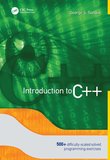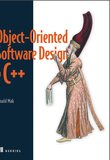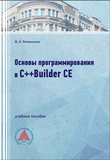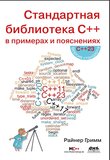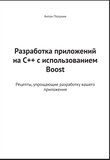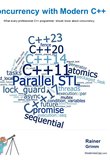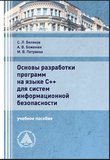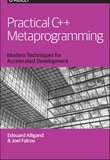-
.NET (.NET Core)
-
1C
-
APL
-
AWK
-
Agda
-
Agile/Scrum
-
Alef
-
Assembler
-
Basic
-
Beta Programming Language
-
Big Data/DataScience
-
C
-
C#
-
C++
-
CSS
-
Cobol
-
Crystal
-
D
-
Dart
-
DataBase (SQL)
-
Delphi
-
F#
-
Flutter
-
Fortran
-
GPT/AI/ИИ
-
GameDev
-
Git
-
Go (Golang)
-
HTML
-
Hacking and Security
-
Haskell
-
Java
-
JavaScript (JS)
-
Julia
-
Kotlin
-
Machine Learning (ML)
-
Natural language processing (NLP)
-
PHP
-
Pascal
-
Python
-
R
-
Ruby
-
Rust
-
Scratch
-
Swift
-
UML
-
UX/UI
-
Visual Basic
-
XML
-
АСУ
-
Проектирование/System Design
-
Сети/Network
-
Схемотехника/электронные схемы
-
.NET (.NET Core)
-
1C
-
APL
-
AWK
-
Agda
-
Agile/Scrum
-
Alef
-
Assembler
-
Basic
-
Beta Programming Language
-
Big Data/DataScience
-
C
-
C#
-
C++
-
CSS
-
Cobol
-
Crystal
-
D
-
Dart
-
DataBase (SQL)
-
Delphi
-
F#
-
Flutter
-
Fortran
-
GPT/AI/ИИ
-
GameDev
-
Git
-
Go (Golang)
-
HTML
-
Hacking and Security
-
Haskell
-
Java
-
JavaScript (JS)
-
Julia
-
Kotlin
-
Machine Learning (ML)
-
Natural language processing (NLP)
-
PHP
-
Pascal
-
Python
-
R
-
Ruby
-
Rust
-
Scratch
-
Swift
-
UML
-
UX/UI
-
Visual Basic
-
XML
-
АСУ
-
Проектирование/System Design
-
Сети/Network
-
Схемотехника/электронные схемы
Меню
C++ for beginners: Your comprehensive step-by-step guide to learn everything about C++
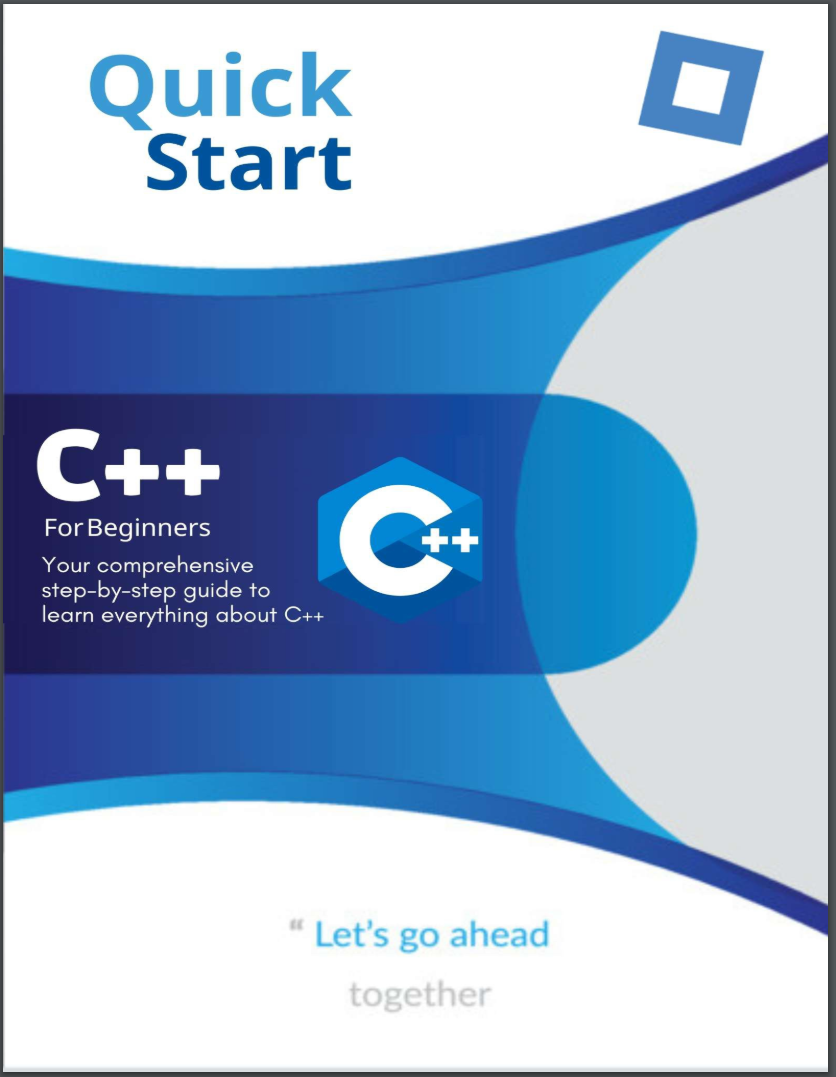
Автор: Harder Daniel
Дата выхода: 2022
Издательство: Independent publishing
Количество страниц: 176
Размер файла: 2,0 МБ
Тип файла: PDF
Добавил: codelibs
Your comprehensive step-by-step guide to learn everything about C++
Introduction
Chapter one
basic concepts
C++ type system
Scope
Header files
Translation units and linkage
main function and command-line arguments
Program termination
Lvalues and rvalues
Temporary objects
Alignment
Trivial, standard-layout, and POD types
what is Value types
Type conversions and type safety
Standard conversions
Chapter II
built-in types
Built-in types
Data type ranges
nullptr
nullptr
bool
false
true
__m64
__m128
__m128d
__m128i
__ptr32, __ptr64
Chapter III
NUMERICAL LIMITS
Numerical limits
Integer limits
Floating limits
the fourth chapter
Declarations and definitions
Storage classes
auto
const
constexpr
extern
Initializers
Aliases and typedefs
using declaration
volatile
decltype
Attributes
Chapter V
Built-in operators, precedence, and association
alignof operator
__uuidof operator
Additive operators: + and -
Address-of operator: &
Assignment operators
Bitwise AND operator: &
Bitwise exclusive OR operator: ^
Bitwise inclusive OR operator: |
Cast operator: ()
Comma operator: ,
Conditional operator: ? :
delete operator
Equality operators: == and !=
Explicit type conversion operator: ()
Function call operator: ()
Indirection operator: *
Left shift and right shift operators (>> and <<)
Logical AND operator: &&
Logical negation operator: !
Logical OR operator: ||
Member access operators: . and ->
Multiplicative operators and the modulus operator
new operator
One's complement operator: ~
Pointer-to-member operators: .* and ->*
Postfix increment and decrement operators: ++ and --
Prefix increment and decrement operators: ++ and --
Relational operators: <, >, <=, and >=
Scope resolution operator: ::
sizeof operator
Subscript operator:
typeid operator in
Unary plus and negation operators: + and -
Expressions
Chapter six
Types of expressions
Primary expressions
Ellipsis and variadic templates
Postfix expressions
Expressions with unary operators
Expressions with binary operators
Constant expressions
Semantics of expressions
what is Casting
seventh chapter
Casting operators
dynamic_cast operator
bad_cast exception
static_cast operator
const_cast operator
reinterpret_cast operator
Chapter VIII
Run-Time Type Information (RTTI)
bad_typeid exception
type_info class
Statements
Overview of C++ statements
Labeled statements
Expression statement
Null statement
Compound statements (Blocks)
Chapter Nine
Selection statements
if-else statement
__if_exists statement
__if_not_exists statement
switch statement
Iteration statements
while statement
do-while statement
for statement
Range-based for statement
Chapter Ten
jump statements
break statement
continue statement
return statement
goto statement
Transfers of control
Namespaces
Enumerations
Unions
Functions
Functions with variable argument lists
Function overloading
Explicitly defaulted and deleted functions
Argument-dependent name (Koenig) lookup on
Default arguments
Inline functions
Chapter Eleven
Operator overloading
General rules for operator overloading
Overloading unary operators
Increment and decrement operator overloading
Binary operators
Assignment
Function call
Subscripting
Member access
Classes and structs
what is class
what struct
Class member overview
Member access control
what is friend
private
protected
public
Brace initialization
Object lifetime and resource management (RAII)
Pimpl idiom for compile-time encapsulation
Portability at ABI boundaries
Chapter twelve
Constructors
Copy constructors and copy assignment operators
Move constructors and move assignment operators
Delegating constructors
Destructors
Overview of member functions
virtual specifier
override specifier
C++ was developed for system programming, embedded software, resource-constrained software, and large systems, with performance, efficiency, and flexibility of use as design highlights.
C++ has also proven useful in many other contexts, with key advantages of software infrastructure and resource-constrained applications, including desktop applications, video games, servers (e.g. e-commerce, web search or databases), and performance-critical applications (e.g. telephone switches or space probes).
One of the key features of C++ is its support for object-oriented programming (OOP). In OOP, data and behavior are encapsulated in
"objects," which can be used to model real-world concepts and interact with each other through methods. C++ also supports procedural programming,
which is a more traditional style of programming that focuses on writing functions to perform specific tasks.
C++ is a powerful and flexible language, but it can also be complex and difficult to learn for beginners. It requires a good understanding of computer science concepts and a solid foundation in programming concepts such as variables, data types, loops, and control structures. However, once you have a firm understanding of these concepts, C++ can be a very rewarding language to learn and use.
